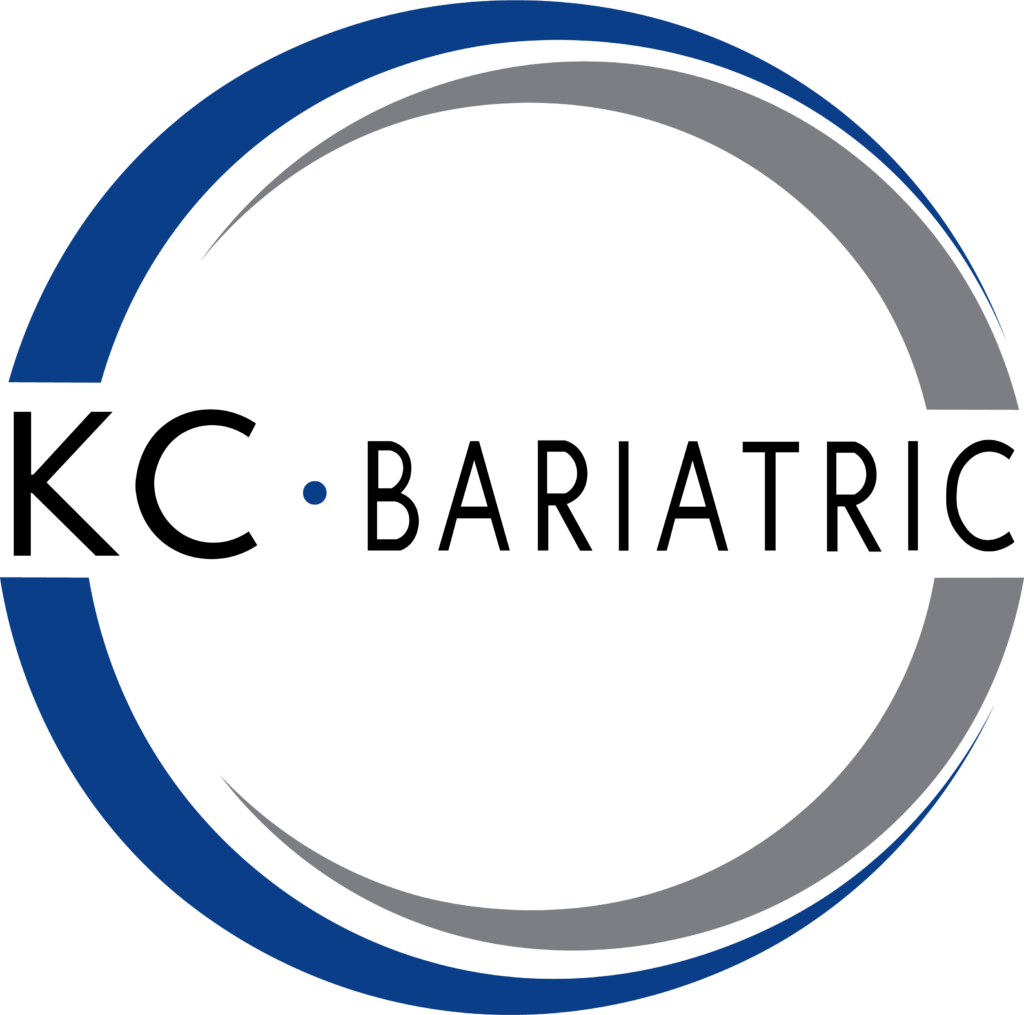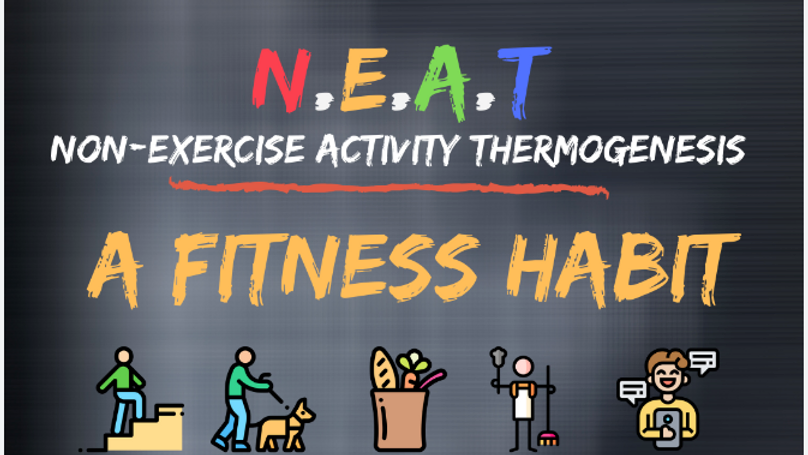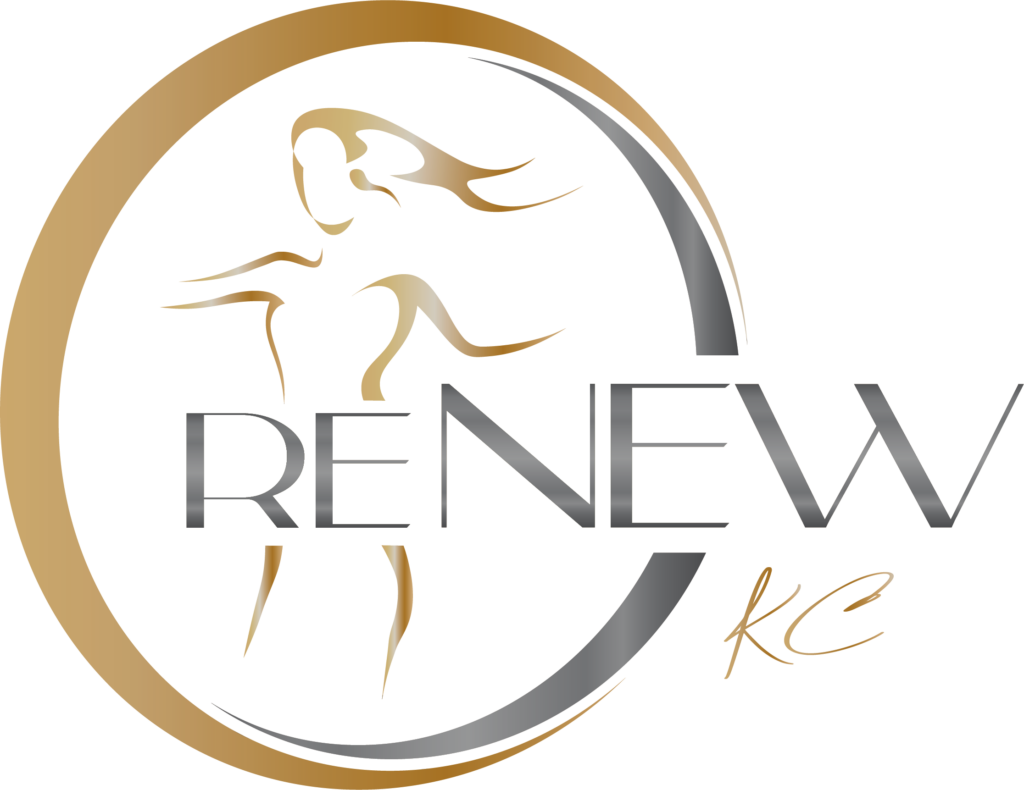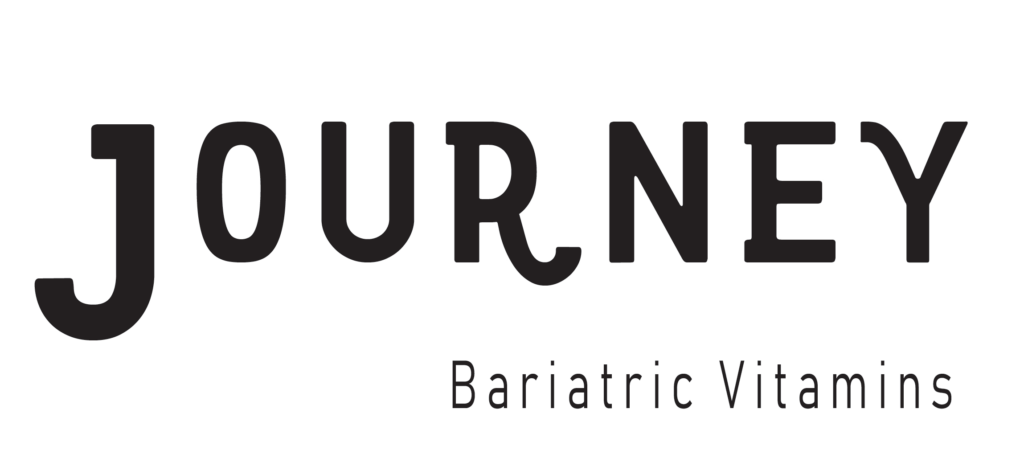Bariatric Support Group
Facilitator: KC Bariatric Admin
One of the major building blocks of our bodies is protein. Proteins are large molecules that are made up of smaller units called “amino acids” which are linked together. It was discussed the primary functions of proteins and the difference categories of proteins. One of the primary reasons we stress to eat enough protein is that it is needed to build your lean muscle mass. If you lose lean muscle mass, your metabolism will slow. The more lean muscle mass you have, the higher your metabolism will be and the more fatty tissue you will lose.
Protein has the same caloric value as carbohydrate: 4 calories per gram. That is why your diet should have the same number of carbs as it has protein. If you are eating something that contains 10 gms of protein, you need to make sure that the total carbs are no more than 10 gms.
Our bodies digest protein, starting in the stomach where acids and enzymes are produced. The pancreas also secretes some digesting enzymes, and then the small intestine is the major site for protein digestion and absorption. We discussed some of the reasons you need to increase your protein, such as surgery, infection, poor protein intake, loss of blood. In those cases, your protein requirements go up and you need to be sure to eat more protein. Proteins are hard to digest, so some of the ways to make it easier for your body to digest is to marinate meat with an acidic or salt marinade, tenderize meat or beat eggs before cooking.
You want to watch for signs for poor protein intake, such as muscle wasting, weight plateau, frequent infections, hair loss and severe edema (swollen ankles or legs). We diagnose protein malnutrition by check your levels of Pre-albumin when we do your lab work. You want to eat between 60 – 120 gms of protein/day based on your age, physical activity, and physical diagnosis. That needs to be individualized by the dietitian.
Protein will either be animal based, which are complete proteins, or vegetable based, which are incomplete proteins. When eating vegetable proteins, you will need to combine them with other sources, such as beans with rice or grains. Fruits also have some protein in them, but not a lot. We shared some sample menus of things that would be a good way to get your protein in during a day once you are able to eat most foods. We talked about dairy products and the difference between whey isolate and hydrolyzed, or pre-digested, whey protein.
The main points to remember are that protein supports weight loss by improving metabolism and increasing lean muscle mass. It also helps to manage your appetite. Too little or too much protein can result in a weight plateau, so it is important to eat enough but not go overboard with protein, unless you are an athlete and doing heavy exercise.








